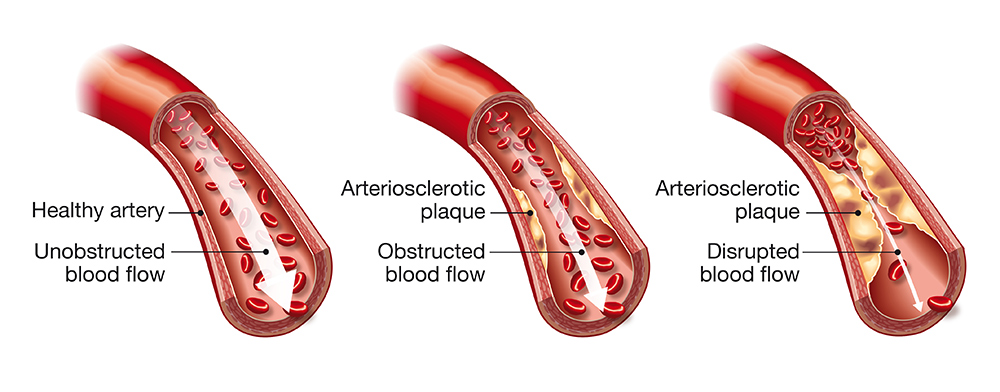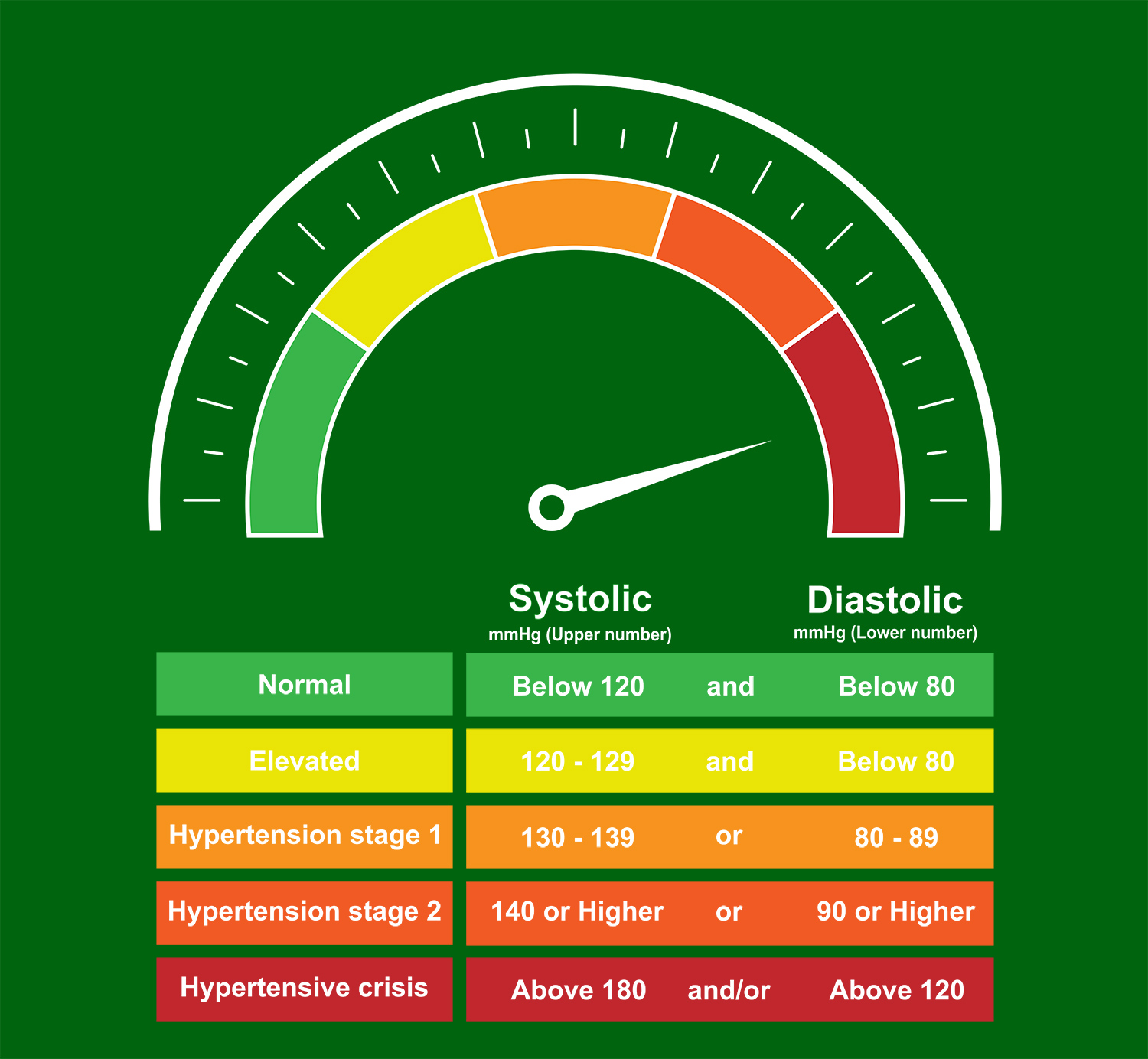High Blood Pressure and Alzheimer’s: What’s the Connection?

We all know that keeping our blood pressure in check is important for our heart health. But did you know it might also play a role in protecting your brain? Recent research has been shedding light on a fascinating connection between high blood pressure and the risk of developing Alzheimer’s disease. Let’s dive into what this means for you and your loved ones.

Understanding High Blood Pressure
First things first: what exactly is high blood pressure, or hypertension? It’s when the force of blood pushing against the walls of your arteries is consistently too high. Think of it like a garden hose – if you turn the water on too strong, it puts extra pressure on the hose itself.

Normal blood pressure is generally considered to be below 120/80 mmHg. The first number (systolic pressure) measures the pressure when your heart beats, while the second (diastolic pressure) measures the pressure when your heart is resting between beats.
High blood pressure doesn’t usually have symptoms, which is why it’s often called the “silent killer.” That’s why regular check-ups are so important!

The Alzheimer’s Connection
Now, let’s talk about how this relates to Alzheimer’s disease. Alzheimer’s is a progressive disease, a type of dementia that affects memory, thinking, and behavior.
Several studies have found that people with high blood pressure in midlife (that’s roughly ages 40-65) have a higher risk of developing Alzheimer’s later in life. One study, published in the journal Lancet Neurology, found that having high blood pressure in your 50s was linked to an increased risk of dementia in your 70s.
But why?
Researchers believe there are several reasons:
Researchers believe there are several reasons:
The Good News
Before you start worrying, here’s some good news: controlling your blood pressure could potentially lower your risk of developing Alzheimer’s. A large study called SPRINT MIND found that intensive blood pressure control (aiming for a systolic pressure below 120) reduced the risk of mild cognitive impairment, which is often a precursor to dementia.
Dr. Walter Koroshetz, director of the National Institute of Neurological Disorders and Stroke, said about this study: “This is the first randomized clinical trial to demonstrate that intensive blood pressure treatment reduces new cases of mild cognitive impairment.”
Protecting Your Brain Health
So, what can you do to keep your blood pressure in check and potentially lower your Alzheimer’s risk? Here are some tips:
Beyond Blood Pressure: A Holistic Approach to Brain Health
While managing blood pressure is important, it’s just one piece of the puzzle. when it comes to brain health. Here are some other ways to keep your brain sharp:
The Bigger Picture
It’s important to remember that while high blood pressure is a risk factor for Alzheimer’s, it’s not the only one. Age, genetics, and other health conditions also play a role. Also, having high blood pressure doesn’t mean you’ll definitely develop Alzheimer’s, and having normal blood pressure doesn’t guarantee you won’t. The most important thing to remember is that blood pressure is modifiable and that it’s never too early or too late to make changes that could affect your risk of dementia.
The link between high blood pressure and Alzheimer’s risk reminds us of how interconnected our body systems are. By taking care of your cardiovascular health, you might also be protecting your brain.
It can’t be overstated: it’s never too late to start taking care of your health. Small changes in your lifestyle can make a big difference over time. If you’re concerned about your blood pressure or cognitive health, don’t hesitate to talk to your healthcare provider. They can help you develop a personalized plan to keep both your heart and your brain in top shape.
Stay healthy, stay curious, and keep learning – your brain will thank you for it!





